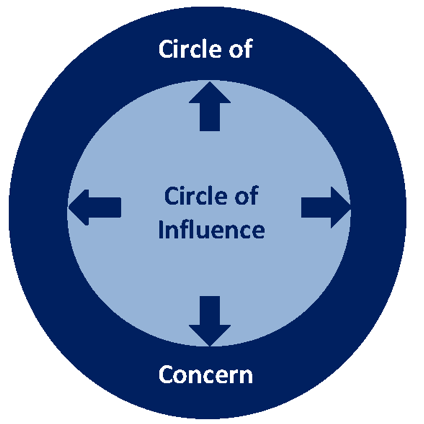It’s exhausting becoming your emotions
This month, we have talked about how to act instead of react, click here to read now. But certain situations bring out emotions. And even though we are responsible for our responses, we still need to deal with the emotions.
Take a step back from your emotions
So the first step seems obvious. You may have been told to count to 10 as a child, to regulate your emotions. When you take time to take a step back from your emotions, you get to self-reflect. Afterward, you feel more conscience and might figure out the best way to process those emotions.
Don’t be consumed by your emotions
Remember that you are not your emotions. Whether it is insecurity, anger, or feelings of hurt. We can make emotions part of our identity. The consequence is that you limit yourself to behaviors that are in line with that emotion. Second, you will let that emotion consume you and as a result, you will stay in the state of that emotion. The fact that we are human beings and can reflect is such a beautiful thing. Because we can process the emotions and eventually let them go.
Exhausting
Also, it takes a lot of energy to become that emotion. Whenever we feel an emotion, we spend a lot of time thinking about it and how it affects us. For example, what someone or something has done to ourselves. Or how stupid you have reacted to someone or something. First of all, that event is in the past and we can’t do anything about that. What we can do is notice the emotions we have and evaluate how to handle them. This will be a lot less exhausting. In the end, we have to actively decide to not be consumed by emotions.
Full range of emotions
However, it is important to process the emotion that you are feeling. This previous post discusses how to embrace the full range of emotions.
Source: Unsplash, Hendrikke Due
It’s exhausting becoming your emotions Read More »





